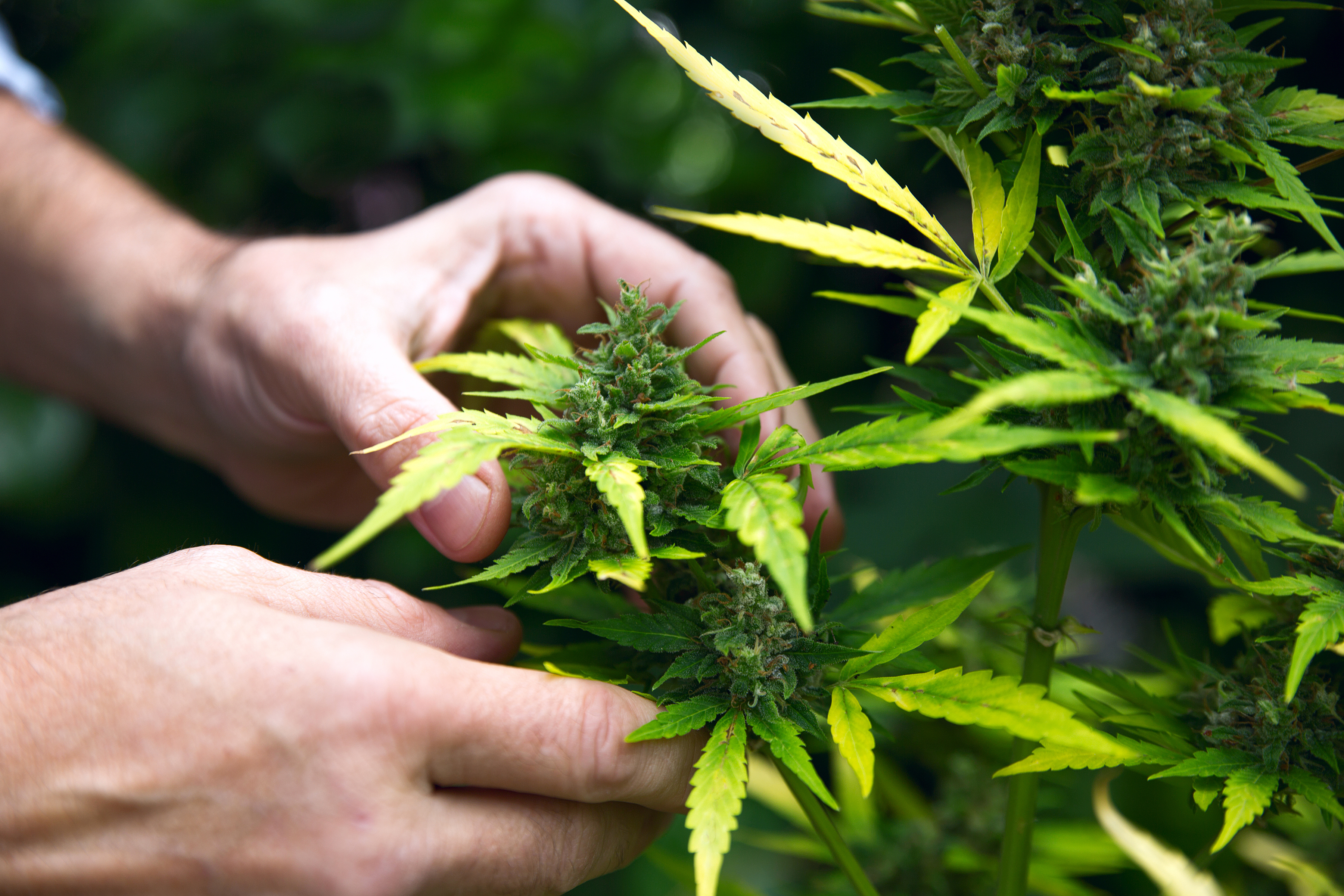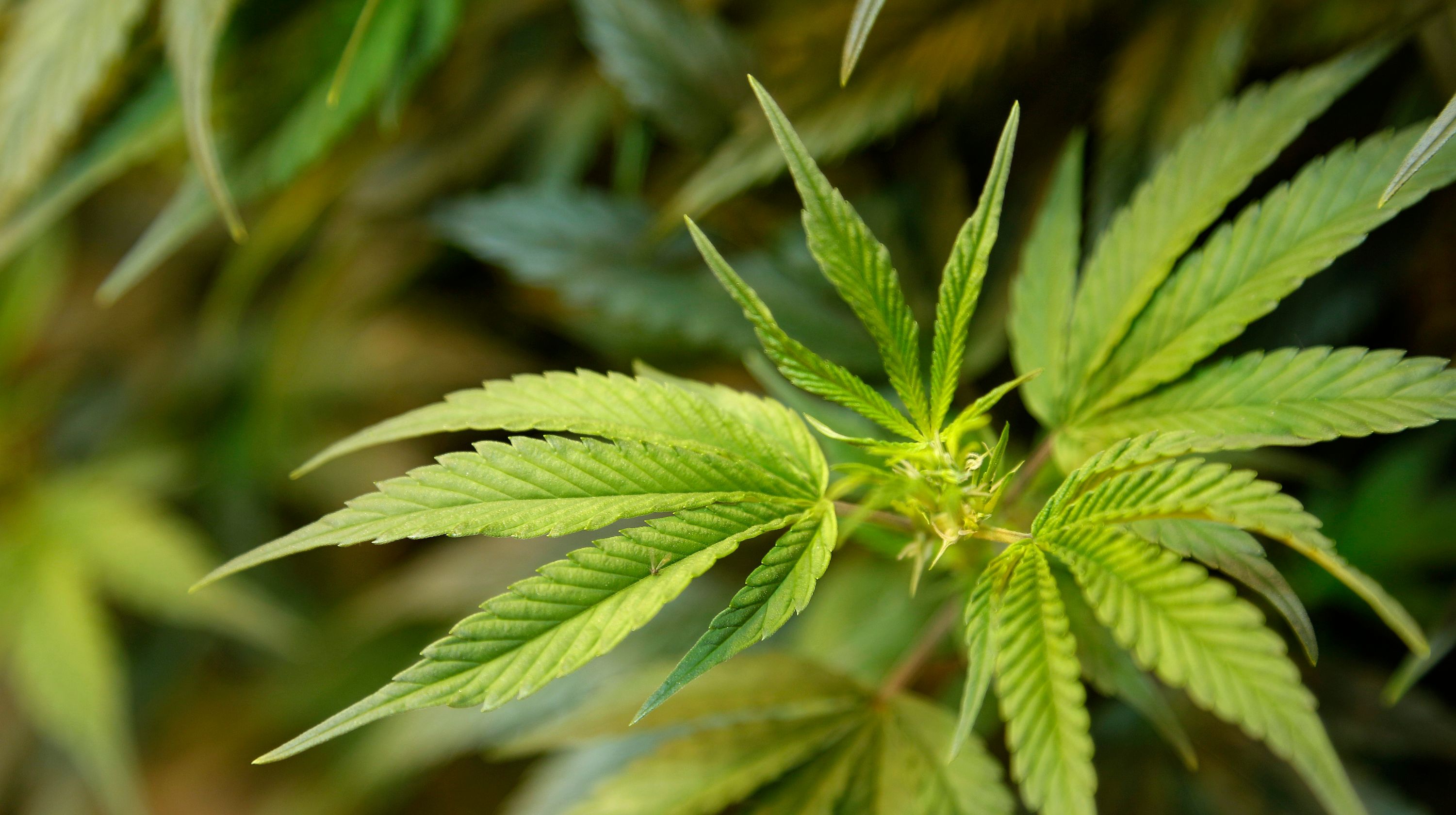Today, in a historic vote, the U.S. House of Representatives passed the Marijuana Opportunity Reinvestment & Expungement (MORE) Act (H.R.3884) 228-164, making it the first piece of comprehensive marijuana reform legislation that actually deschedules marijuana—and the only one centered in reparative justice—to pass either chamber of Congress.
“The criminalization of marijuana is a cornerstone of the racist war on drugs. Even after a decade of reform victories, one person was arrested nearly every minute last year for simply possessing marijuana,” said Maritza Perez, Director of the Office of National Affairs at the Drug Policy Alliance. “Today the House took the most powerful step forward to address that shameful legacy. But the MORE Act as passed is imperfect, and we will continue to demand more until our communities have the world they deserve.”
As the MORE Act moved through the political process, language impacting people with criminal legal system involvement was added to the final version of the bill. Those provisions disallow people with marijuana convictions from potentially fully participating in the industry at the federal level. Language was also added intentionally limiting resentencing and expungement relief to “nonviolent” marijuana offenses. DPA is committed to working with next year’s Congress to remove these additions and pass a bill that fully aligns with our principles.
“Getting to this point definitely gives us hope, but the fight is far from over. We will continue to build support for an even stronger, and more inclusive bill in the next session,” said Queen Adesuyi, Policy Manager for the Office of National Affairs at the Drug Policy Alliance. “We are grateful that members of Congress have rightly come to the realization that the drug war has exacerbated the racial injustices in this country and ending marijuana prohibition is a concrete tangible action they can take to benefit our communities now.”
DPA has worked tirelessly to move the MORE Act forward since its inception, by working with House Judiciary Chairman Jerry Nadler and Senator Kamala Harris to draft and introduce the legislation, creating the Marijuana Justice Coalition to build widespread support, and pushing for a Judiciary Committee mark-up amid a busy impeachment trial. This collective effort resulted in the MORE Act being passed out of committee in November of last year. In 2020, DPA has consistently educated legislators on the inequalities created by marijuana prohibition, which have exacerbated this moment’s intersecting health and racial injustice crises.
The Senate companion bill, S.2227, was introduced by Vice President-Elect Kamala Harris last year and has attracted notable co-sponsors, including Cory Booker (D-NJ) and Elizabeth Warren (D-MA).
According to the most recent public opinion poll, 68% of Americans support marijuana legalization. Thirty-five states plus the District of Columbia have laws that allow legal access to medical marijuana and 15 states plus the District of Columbia allow legal access to marijuana for adult use. Yet the continued enforcement of marijuana prohibition laws are responsible for more than half a million arrests in the United States every year. Black and Brown people are disproportionately impacted, with Black people specifically being four times more likely to be arrested for possession of marijuana than white people despite equal rates of consumption. Marijuana has also been one of the leading causes of deportation in the United States.















